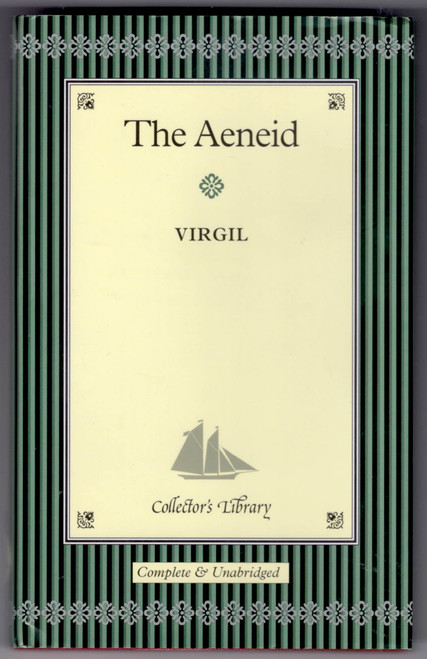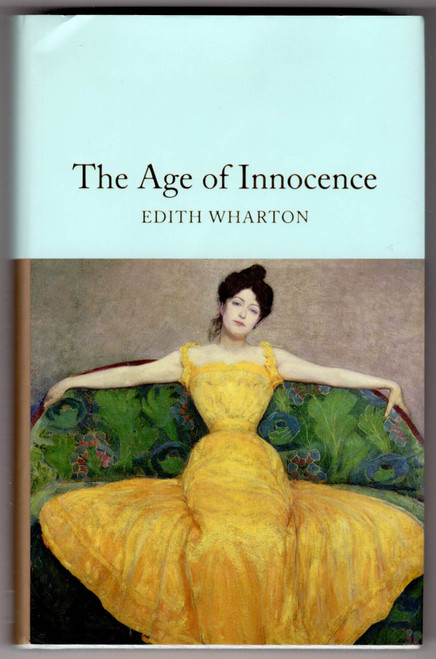Virgil’s The Aeneid is one of the most enduring masterpieces of classical literature, telling the story of Aeneas, a Trojan hero destined by the gods to found the Roman race. After the fall of Troy, Aeneas embarks on a long and perilous journey, battling both external enemies and inner turmoil, as he seeks a new homeland. Along the way, he encounters divine interventions, love and loss, and the struggle between fate and free will.
In this stunning translation by J.W. Mackail, readers are treated to Virgil’s epic in its full grandeur, with Mackail’s lyrical and accessible language bringing the ancient text to life. The edition includes an insightful afterword by Coco Stevenson, which offers a modern perspective on the work’s themes of duty, destiny, and the founding of civilizations. This Collector's Library edition, with its beautiful red boards and gilt lettering, is a perfect addition to any bookshelf and a must-have for lovers of classic literature.
This charming, pocket-sized edition of The Aeneid measures 6.25 inches (15.875 cm) in height and 4 inches (10.16 cm) in width, making it both portable and an excellent choice for gifting. It features a rich red cloth binding with elegant gold lettering on the spine, complemented by a subtle, blind-stamped boat logo on the cover. The book also boasts gilt-edged pages, a silk ribbon marker for easy navigation, and beautifully colored endpapers. To ensure its protection and longevity, it comes with a sturdy, dust jacket, making it a truly special addition to any bookshelf.
About the Author
Publius Vergilius Maro, known as Virgil, was a Roman poet born in 70 BCE. He is best known for his epic poem The Aeneid, which has had a profound influence on Western literature and the Roman cultural identity. Virgil's writing was deeply inspired by Greek literature, particularly Homer’s works, but his focus on Rome's foundation myth helped elevate The Aeneid to national importance. He spent much of his life in the service of Rome's elite, and his works are seen as a blend of deep patriotism, philosophical reflection, and poetic mastery. Virgil died in 19 BCE, and The Aeneid remains one of the cornerstones of the Western literary canon.








